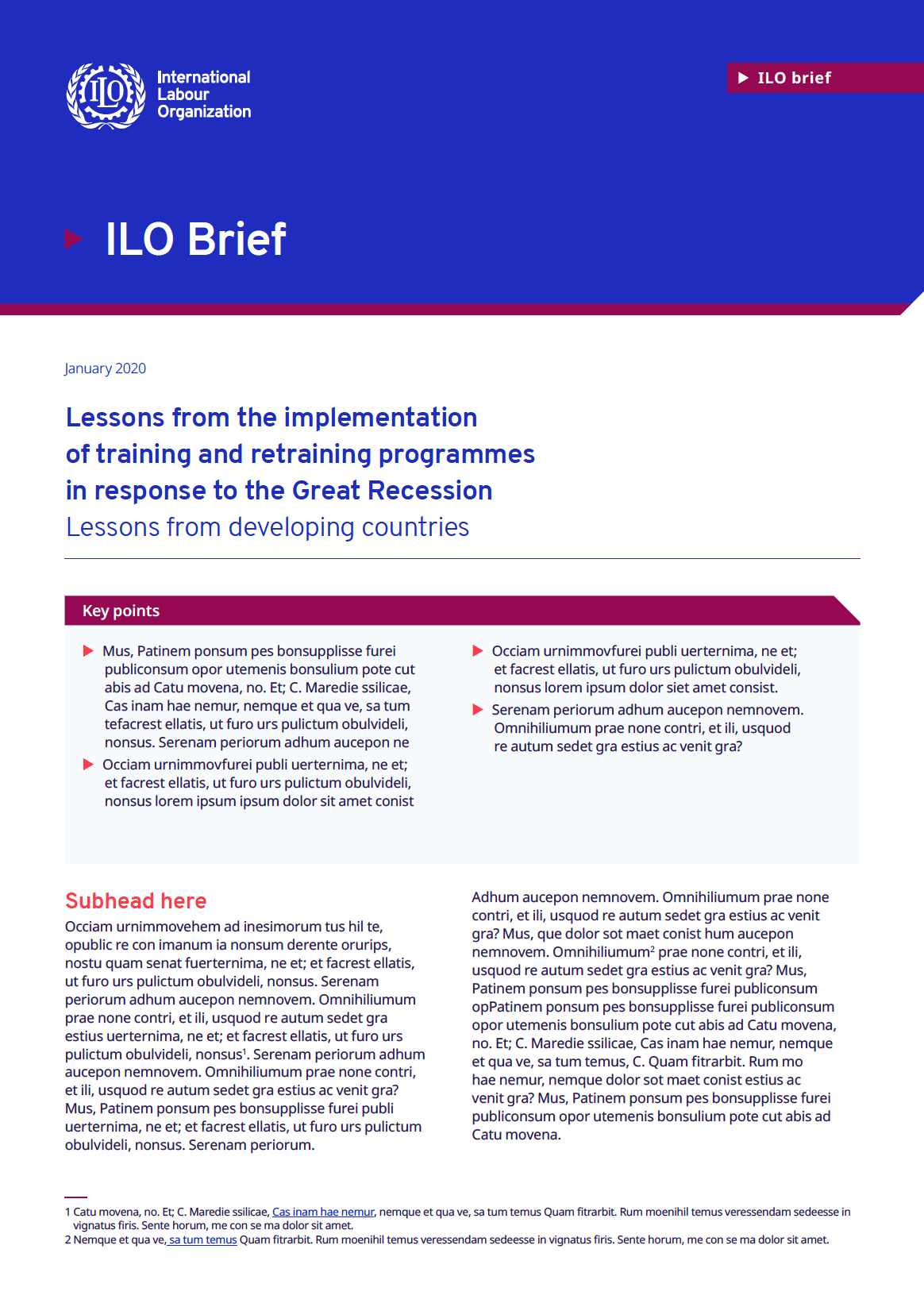Promoting social entrepreneurship and social capital. A practice guide to supporting social entrepreneurship and inclusiveness in rural communities
Nurturing the energy and creativity of youth in economically depressed environments is a challenge across the world and the development spectrum. This guide delineates a practice model to building social and economic capital through meaningful youth engagement and the promotion of social entrepreneurship.
In Egypt, a consortium of United Nations agencies worked with government stakeholders, international and local non-governmental organisations (NGOs) to address stark economic and community insecurity in two districts in the Upper Egyptian Governorate of Minya. The ‘Human Security through Inclusive Socioeconomic Development in Upper Egypt – Hayat’ project was designed to strengthen economic security through job creation and increased skills within the local labour force. At the same time, the project enhanced community and personal security through development of social capital and enhanced cohesion and inclusiveness. The ILO component of Hayat focused on the role of youth, particularly in light of high rates of unemployment among those 18 to 35 years of age. This component’s unique design sought to create new opportunities for decent work for young women and men through a combination of vocational and entrepreneurial skills training with activities designed to waken their engagement in community building, thereby creating an enabling environment for nurturing potential social entrepreneurs.
This Guide has been developed to share the ILO’s experience in introducing the concept of social entrepreneurship in a challenging environment, highlighting opportunities, success factors and lessons to be learned.




